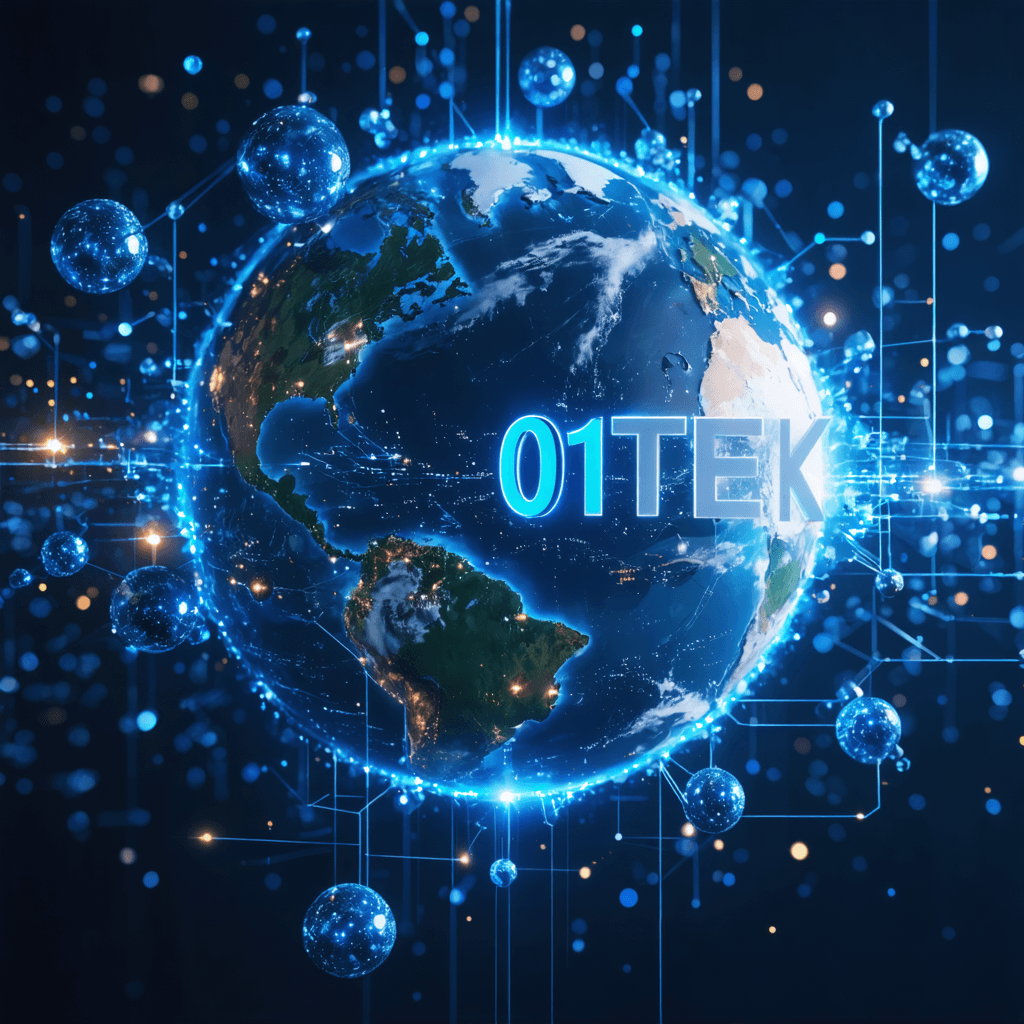From Earth to Space: How Data Science and Decentralized Computing Are Revolutionizing Our Universe
In the rapidly evolving landscape of space exploration and technological advancement, the convergence of data science and decentralized computing is reshaping our understanding of the universe. This transformative fusion is not just changing how we explore space – it's revolutionizing the very foundation of scientific discovery and space operations.
The Data Revolution in Space Exploration
The space sector is experiencing an unprecedented surge in data generation. From satellite imagery to deep space telescopes and Mars rovers, the volume of astronomical and operational data has grown exponentially. Modern space missions generate terabytes of data daily, requiring sophisticated processing and analysis methods that traditional computing approaches struggle to handle efficiently.
Artificial Intelligence and Machine Learning in Space
The integration of AI and machine learning has become crucial in:
- Automated spacecraft navigation and control
- Real-time anomaly detection in space systems
- Processing and analyzing vast amounts of astronomical data
- Predicting space weather patterns
- Optimizing mission planning and resource allocation
Decentralized Computing: The New Frontier
Decentralized computing is emerging as a game-changing approach to handling the computational demands of space exploration. This paradigm shift brings several key advantages:
Distributed Processing Power
- Enhanced computational capacity through networked systems
- Improved reliability and redundancy
- Reduced single points of failure
- More efficient resource utilization
Edge Computing in Space
The implementation of edge computing in space missions has revolutionized how we process and analyze data. Instead of sending raw data back to Earth for processing, satellites and space vehicles can now perform complex calculations onboard, significantly reducing communication bandwidth requirements and enabling faster decision-making.
Real-World Applications and Breakthroughs
Spatial Computing and Digital Twins
According to recent developments highlighted by Deloitte's Tech Trends 2025, spatial computing has taken center stage in space exploration. Digital twins of spacecraft and space stations allow engineers to:
- Simulate mission scenarios
- Test system modifications
- Train personnel
- Optimize performance in real-time
Blockchain in Space Operations
The integration of blockchain technology in space operations has introduced new possibilities for:
- Secure communication protocols
- Smart contracts for satellite operations
- Decentralized mission control
- Transparent data sharing between space agencies
The Impact on Scientific Discovery
The marriage of data science and decentralized computing has accelerated scientific discoveries in various areas:
Astronomical Research
- More accurate galaxy classification
- Enhanced exoplanet detection
- Improved understanding of cosmic phenomena
- Faster processing of radio telescope data
Earth Observation
- Better climate monitoring
- More accurate weather prediction
- Enhanced disaster response capabilities
- Improved resource management
Future Prospects
The Department of Energy and leading research institutions are investing heavily in quantum computing and its applications in space exploration. These developments promise to:
- Solve complex astronomical calculations
- Enhance cryptography for space communications
- Optimize mission trajectories
- Process vast amounts of data more efficiently
Challenges and Opportunities
While the integration of data science and decentralized computing in space exploration presents enormous opportunities, several challenges remain:
- Data security and privacy concerns
- Need for standardization across different space agencies
- Training requirements for personnel
- Hardware limitations in space environments
The Role of Collaboration
The future of space exploration relies heavily on collaborative efforts. Organizations like MIT Media Lab and USC Viterbi School of Engineering are leading the way in developing innovative solutions through interdisciplinary research and international cooperation.
Conclusion
The fusion of data science and decentralized computing has ushered in a new era of space exploration. As we continue to push the boundaries of human knowledge and technological capability, these technologies will play an increasingly crucial role in helping us understand and explore our universe.
Ready to be part of this exciting technological revolution? Explore comprehensive courses and cutting-edge resources in data science, blockchain technology, and space computing at 01TEK. Join us in shaping the future of space exploration through technology and innovation.
Sources: 1. MIT Media Lab 2. USC Viterbi School of Engineering 3. Deloitte Tech Trends 2025 4. Department of Energy 5. IBM Research 6. MIT Technology Review
Ideas are easy. Implementation is hard.
Guy Kawasaki, founder of AllTop




